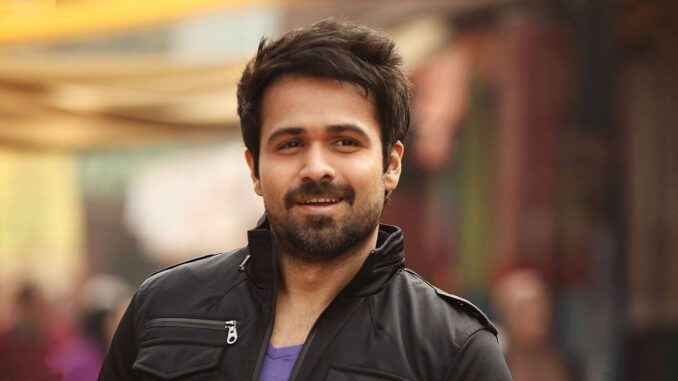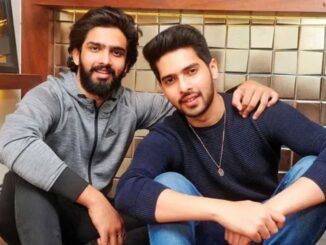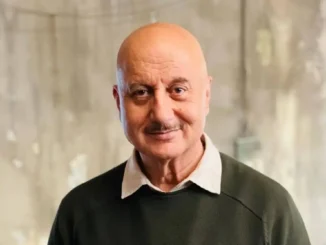
Veteran Bollywood actor Emraan Hashmi, known for his memorable performances in films that shaped the landscape of early 2000s Hindi cinema, recently opened up about the ongoing need for actors to evolve and adapt if they wish to remain relevant in an ever-changing film industry. With a career that began with a string of successful thrillers and romantic dramas, Hashmi believes that collaboration with modern filmmakers and embracing new ideas are essential to survival in the entertainment world.
The actor, who made his mark with films like Gangster, The Dirty Picture, and Shanghai, and earned box office recognition with hit franchises such as Raaz, Murder, and Jannat, shared that growth and longevity come not just from past successes but from constantly reinventing oneself. Speaking in an interview with PTI, Emraan emphasized the importance of tuning in to the vision of younger filmmakers and actors who are reshaping the narrative of contemporary cinema.
According to Hashmi, the shift in the industry’s landscape becomes most apparent as one ages and witnesses the rise of fresh faces and new creative voices. “Relevance is a crucial thing once you cross a certain phase in your career,” he explained. “When the younger crop of actors and filmmakers start entering the scene, it becomes important for us — those who have been around longer — to learn from them, understand their thinking, their approach to storytelling, and how they connect with today’s audience.”
Hashmi believes that the essence of staying current lies in being adaptable, both in the choice of roles and the kind of narratives one associates with. He stressed that simply repeating past formulas and expecting continued success is a recipe for stagnation. “You have to be open to change, try new characters, explore unfamiliar genres, and avoid getting stuck in a time capsule where you only focus on what worked in the past,” the actor said.
He pointed to his own journey as an example, citing his work on the Netflix spy thriller Bard of Blood in 2017-2018 as a turning point. “Taking on that project allowed me to break away from the image I had cultivated over the years. Had I chosen to cling to the same old roles and refused to experiment, I would’ve risked becoming irrelevant,” he remarked.
Apart from personal reinvention, Emraan also offered an insightful critique of the state of the Hindi film industry today. According to the 46-year-old actor, Bollywood is currently undergoing a period of significant transition — one that demands a rethink of storytelling strategies and audience engagement. He noted that many filmmakers are yet to fully understand the evolving preferences of moviegoers, especially in the face of competition from streaming platforms.
“It’s no secret that the industry is going through a phase where re-evaluation is not just necessary but urgent. We need films that feel authentic and rooted in our culture, rather than leaning too heavily on western aesthetics, which are already available in abundance on OTT platforms,” Hashmi pointed out.
He emphasized that audiences today are seeking relatable stories that speak to them on a deeper level, and that cinema has to find ways to connect with both the masses and classes while still embracing modern techniques. “Films need to resonate with a pan-India audience, not just a niche demographic that appreciates high-concept, Western-inspired narratives,” he said.
Hashmi further admitted that the current state of the industry has made him highly selective about the projects he signs. “People often wonder why I’m not doing as many films as I did before 2019, and the answer is simple: I’ve become more cautious. The scripts that are being offered need to speak to the evolving tastes of the audience, and unfortunately, many filmmakers haven’t yet made that adjustment,” he explained.
According to Emraan, part of Bollywood’s struggle lies in its reluctance to accept that older storytelling patterns might no longer be working. He feels that this denial has held the industry back from fully embracing change. “A section of the industry still believes the audience will accept the same formulas that worked years ago. But times have changed, and the audience has moved on. It’s about time we did too,” he said.
The Tiger 3 actor concluded by expressing hope that Bollywood will eventually overcome this transitional phase. “It’s going to take a conscious effort from both filmmakers and actors to recalibrate their vision and understand the pulse of today’s audience. We’re still navigating that journey, and I believe at some point we’ll find our footing again,” Hashmi said.



